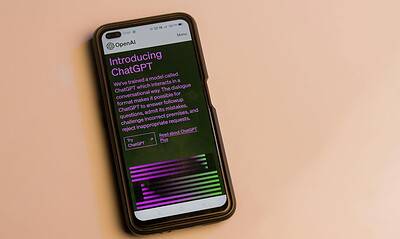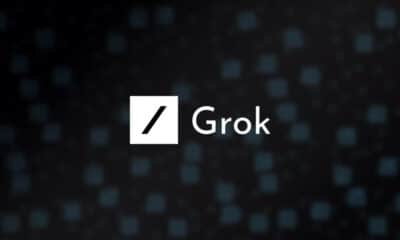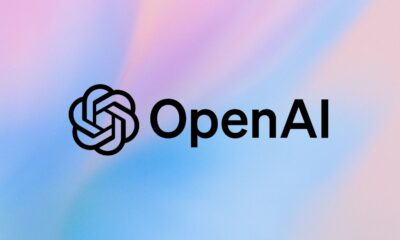AI
OpenAI aims to become a public benefit corp with Microsoft’s backing
OpenAI says it’s working with California and Delaware regulators to seal the deal.

Just a heads up, if you buy something through our links, we may get a small share of the sale. It’s one of the ways we keep the lights on here. Click here for more.
OpenAI and Microsoft just soft-launched the next chapter in their complicated relationship, announcing that they’ve reached a “nonbinding agreement” on how to keep working together.
Translation: they’re basically engaged but still figuring out the prenup.
The headline change? OpenAI wants to morph its for-profit arm into a public benefit corporation (PBC), a legal structure that says, “yes, we like money, but we also care about humanity, scouts honor.”
If state regulators give the green light, this could let the ChatGPT maker pull in more cash from investors, with the nonprofit parent company still holding the steering wheel.
According to board chair Bret Taylor, the nonprofit would walk away with a stake in the shiny new PBC potentially worth over $100 billion.
Not bad for a group that nearly fired its CEO into oblivion last year.
Microsoft, OpenAI’s biggest investor and cloud landlord, remains in the picture, promising continued preferred access to the tech while also being reassured that its billions haven’t just gone up in GPU smoke.
Still, the vibes between the two companies have reportedly been tense. OpenAI has been flirting with other partners, a $300 billion Oracle deal starting in 2027 and a SoftBank-backed “Stargate” data center project, signaling it doesn’t want to be fully tied down to Redmond.
The deal also comes against the backdrop of drama worthy of an HBO miniseries: Sam Altman’s blink-and-you-missed ousting in 2023, a messy board shuffle, Elon Musk suing OpenAI for “selling out,” and even Musk tossing in an unsolicited $97 billion takeover bid.
Meanwhile, rival nonprofits are accusing OpenAI of abandoning its mission, while OpenAI accuses them of secretly being funded by frenemies like Musk and Mark Zuckerberg.
For now, nothing’s final. The agreement is more like a rough draft with lawyers hovering over the “track changes” button.
OpenAI says it’s working with California and Delaware regulators to seal the deal.
Will OpenAI’s shift to a public benefit corporation structure help it balance profit motives with its original AI safety mission, or is this just corporate restructuring to attract more investment? Should we be concerned about the ongoing tensions between OpenAI and Microsoft potentially fragmenting AI development, or does competition between tech giants benefit innovation? Tell us below in the comments, or reach us via our Twitter or Facebook.





























